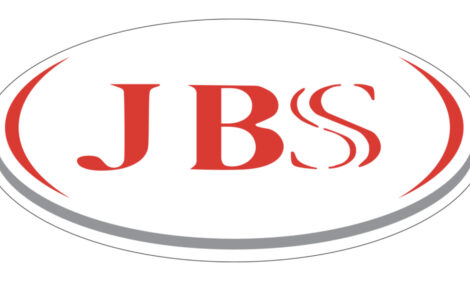



Bird flu trade bans may cool Brazil’s chicken prices
Export restrictions could ease food inflation—but only brieflyPoultry trade bans triggered by a bird flu outbreak in Brazil may weigh on domestic chicken prices, offering some relief - if even short-lived - from the food inflation that has undermined the government's popularity, Reuters reported, citing analysts.
Brazil, the world's largest poultry exporter, ships about a third of its chicken meat abroad, industry group ABPA said. And Rio Grande do Sul, where the first outbreak was identified, accounted for about 12% of chickens slaughtered last year, according to government data.
The World Organisation for Animal Health on Wednesday encouraged the use of zoning, a method that focuses disease controls on affected regions rather than an entire country, to contain the disease's spread in Brazil while maintaining trade.
But with dozens of countries suspending imports of all Brazilian chicken or shipments from Rio Grande do Sul, exporters are scrambling to redirect shipments.
Major poultry producers such as BRF SA and JBS SA are likely to face short-term oversupply issues, analysts at brokerage XP told clients.
Some of Brazil's exports will find new foreign buyers, but the domestic market is likely to absorb more supply, said Jose Carlos Hausknecht, a partner at consultancy MB Agro.
The glut could depress prices depending on how long export restrictions last.
"It should be a small and short-lived effect," he said. "Then things go back to normal."
Agriculture Minister Carlos Favaro, who first highlighted the outlook for lower domestic trade prices as trade bans came into effect, has since walked back the significance of that price impact.
Food inflation has haunted the government of President Luiz Inacio Lula da Silva, hurting his chances of re-election next year, as consumer prices rose 5.5% in the 12 months through April.
Food prices, the heaviest component in the inflation basket, climbed 7.8% during the period, withpoultry and egg prices surging 12.3%, according to statistics agency IBGE.
Andre Braz, who tracks prices at think tank FGV Ibre, said it is still too early to forecast inflation relief, aspoultry firms are also likely to reduce output if domestic prices fall below production costs.
And any disinflationary impact would likely be marginal, said Adenauer Rockenmeyer, an economist and coordinator of the Agribusiness Forum at Sao Paulo's regional economics council.
"And if this outbreak is not contained and spreads to other farms, it could lead to mass culling, affecting not only chicken but also egg supplies," he warned, which could eventually increase inflationary pressures.









